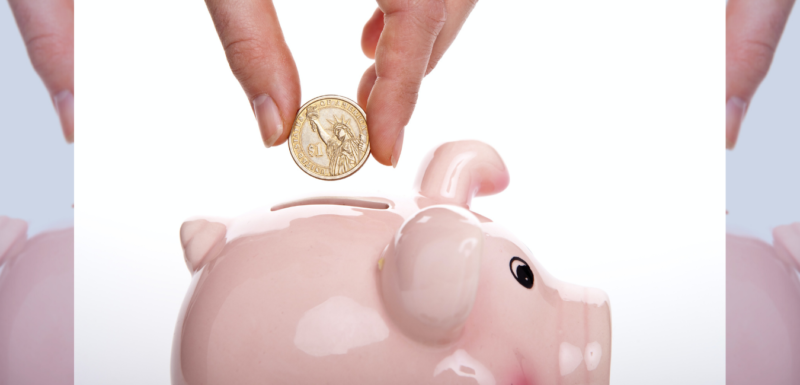If there’s one question I get asked by clients more than any other, it’s around saving for children. Parents and grandparents are always keen to build a nest egg for their kids and grandkids. There are several ways to put some money away for them but are some better than others.
We’re going to look at the top five ways to save for your children’s future.
Junior ISA
This is normally the go-to product for me when anyone asks me about saving for children, and there are some great reasons why. It’s incredibly tax-efficient, which means it grows without any liability for income or capital gains tax. That means more of the interest earned stays in the pot. If you’re cautious about investing you can have one that stays in cash. You’re guaranteed to get back at least what you’ve paid in, but be aware, with the current low interest rates the returns are unlikely to keep track of inflation.
If you’re prepared for some volatility, you can invest in a stocks and shares Junior ISA, which should grow in line with inflation. Investing in stocks and shares, however, carries risk and your investment can go down as well as up.
You can invest a maximum of £9,000 a year in a Junior ISA, either as lump sums or as regular investments.
There’s one major downside to a Junior ISA; the child can take control of the account at 16yrs and withdraw the money from 18 and onwards. I don’t know if any of you reading this were like me, but if I’d had access to a large capital sum on my 18th birthday, I doubt I would have spent it wisely. As an example, if you saved the maximum amount each year for 18 years into a stocks and shares ISA, it’s not unrealistic to estimate that the pot could have grown to a quarter of a million pounds. Which is a lot of money for an 18-year-old.
Premium Bonds
This can be a really fun way of saving for children. Premium Bonds can be purchased by and managed by an adult for a child until their 16th birthday and are back by HM Treasury. The bonds have a low point of entry starting at £25 but, like the Junior ISA, they become the child’s property at 16yrs. Monthly, each bond number is entered into a draw with a maximum prize of £1,000,000. However, the odds of winning any prize, let alone the big one, is 34,500/1. Which means the average return is 1% – broadly in line with a savings account from a high street bank. But at least there is the fun of potentially winning something. Just like ISAs there is no tax to pay on any winnings.
Pensions
This is the wildcard of the bunch and the one which people most often overlook. A parent or legal guardian can set up a pension on behalf of a child under 18. They can make a maximum contribution each year of £2,880, however, the policy holder will receive basic rate tax relief on that amount which increases it to £3,600.
At the age of 18 the child takes over the pension to manage it themselves. However, unlike the Junior ISA and Premium Bonds, the child cannot withdraw money until 10 years prior to them receiving the state pension. The pension will grow free from income and capital gains tax but there is likely to be tax to pay when money is withdrawn. As with any investment which carries risk, their value can fluctuate.
Child Tax Exempt Savings Plan
This is a regular savings plan for a minimum of ten years and a maximum of 25 and is offered to savers by Friendly Societies. The child will receive the savings at the end of the term, but no earlier than 18. The maximum contribution is fairly small at either £25 per month or £270 per annum. The funds are invested in share-based investments, so there is no guarantee you’ll get back more than you’ve paid in.
Children’s Savings Account
This is the one we probably all remember as children, the NatWest piggy banks and usually there is no tax on children’s savings accounts. But if the account earns more than £100 in a year from savings given to them by a parent, it is taxed as if belonging to the parent. If the money has been given by grandparent, friend or another relative other than a parent, there will be no tax to pay.
Which one is right for you?
As with any investment it depends on your own circumstances and for how long you plan to keep the investment. Junior ISAs represent the most flexible, tax-efficient and simple solution, however, they aren’t without drawbacks as I’ve explained above.
If you would like advice on saving for children or on any other aspect of planning for your financial future, 4 Financial Planning offers an initial consultation at our cost and we are independent of any financial providers. You can book one here.

